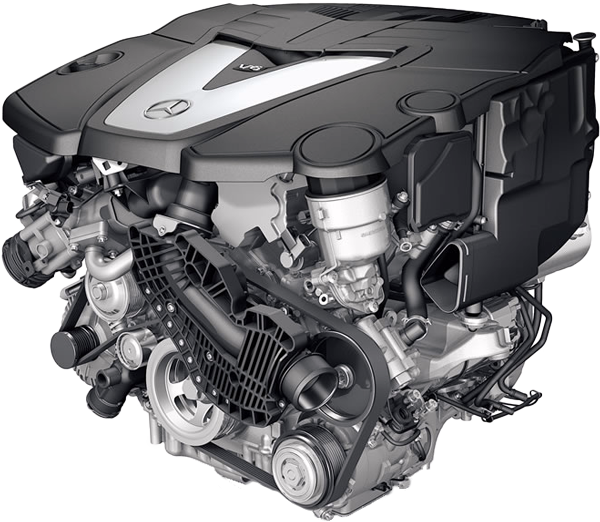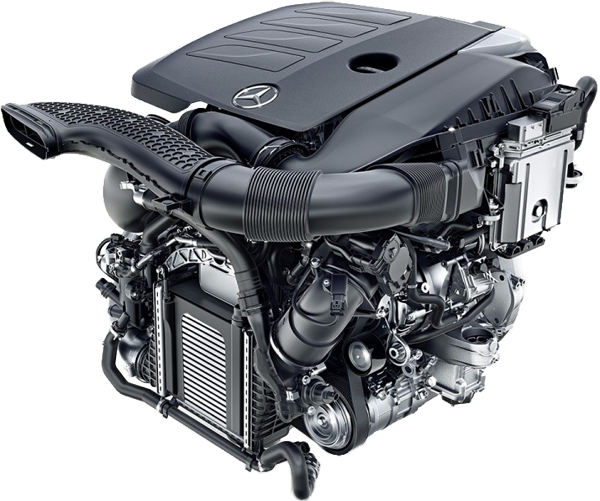The Comparative Analysis :
Mercedes C 400 4MATIC 9G-TRONIC (16 - 18) vs. Mercedes C 300 4MATIC 9G-TRONIC (19 - 19)
€ 53,600

€ 46,400

€ 53,600
Base Price ⓘBase price of a new vehicle with standard equipment in Germany at market launch.
€ 46,400
ⓘBase price of a new vehicle with standard equipment in Germany at market launch. Price Info
Vehicle Dimensions
The dimensions of the C 400 and the C 300 are absolutely identical. Both are 4686 mm long, 1810 mm wide and 1442 mm tall.
C 400
C 300
1442
1810
2020
1442
1810
2020
1810 mm
Width
1810 mm
2020 mm
Width Incl. Mirrors
2020 mm
1442 mm
Height
1442 mm
2840
4686
2840
4686
4686 mm
Length
4686 mm
2840 mm
Wheelbase
2840 mm
Vehicle Weight
C 400
C 300
1645 kg
Kerb Weight
1615 kg
2210 kg
Gross Vehicle
Weight
Weight
2195 kg

Weight Difference:
30 kg
1.82 %

General
C 400
C 300
W205
Generation
W205
Saloon
Car Body Style
Saloon
Unleaded (95 RON)
Fuel Type
Unleaded (95 RON)

Permanent all-wheel drive
Drive
Permanent all-wheel drive

9-speed automatic transmission
Transmission
9-speed automatic transmission
Engine
C 400
C 300
V6 petrol engine with two turbochargers (biturbo)
Engine Type
Straight-four petrol engine with turbocharger
Mercedes-Benz M 276
Engine Series
Mercedes-Benz M 264
M 276.823
Engine Code
M 264.920


4
Valves
4
6
Cylinders
4
2996 CC
Engine Capacity
1991 CC
328 bhp
at 5250 rpm
Power
254 bhp
at 5800 rpm
C 400
328 bhp
254 bhp
C 300
480 NM
at 1600 rpm
Max. Torque
370 NM
at 1800 rpm
C 400
480 NM
370 NM
C 300
Performance
C 400
C 300
155 mph
Maximum Speed
155 mph
5.2 sec
Acceleration 0 to 62 mph
5.7 sec
62 mph
62
mph
mph
72 m
0.000 sec

C 400
62 mph
62
mph
mph
79 m
0.000 sec

C 300
▶ REPLAY
5.02 kg/bhp
Weight-to-Power Ratio
6.36 kg/bhp
C 400
5.02 kg/bhp
6.36 kg/bhp
C 300
Fuel Economy / Emissions
C 400
C 300
Fuel Economy
37 mpg
combined
43 mpg
C 400
37 mpg
43 mpg
C 300
27 mpg
city
32 mpg
49 mpg
motorway
53 mpg
66 L
Fuel Tank Capacity
66 L
539 mi
Range
621 mi
C 400
539 mi
621 mi
C 300
Environmental Impact
144 kWh
Total Energy Consumption
per 100 miles ⓘThe total energy consumption per 100 miles is the amount of energy consumed by a vehicle when burning fuel or using electricity per 100 miles (final energy), and the energy required to produce the appropriate amount of fuel or electricity (primary energy).
per 100 miles ⓘThe total energy consumption per 100 miles is the amount of energy consumed by a vehicle when burning fuel or using electricity per 100 miles (final energy), and the energy required to produce the appropriate amount of fuel or electricity (primary energy).
125 kWh
C 400
144 kWh
125 kWh
C 300
Euro 6b (NEFZ)
Emission Standard
Euro 6d-TEMP-EVAP-ISC (WLTP) 36CH, 36CI, 36DG
172 g/km (NEFZ)
CO2 Emissions
172 g/km (WLTP)
Practical Convenience
C 400
C 300
4
Doors
4
5
No. of Seats
5
565 kg
Maximum Payload
580 kg
480 L
Boot Capacity
455 L










No data
Boot Capacity (Seats Down)
No data













